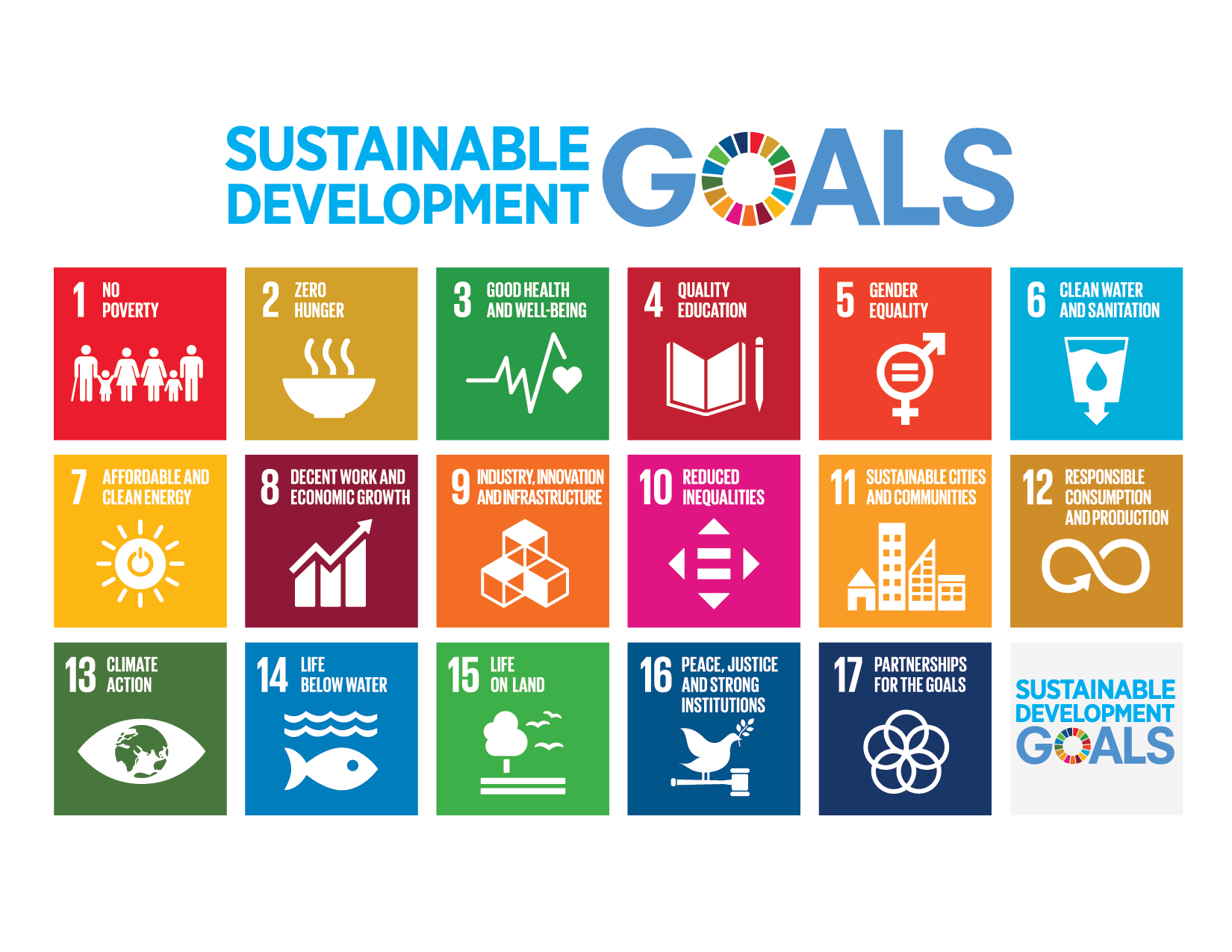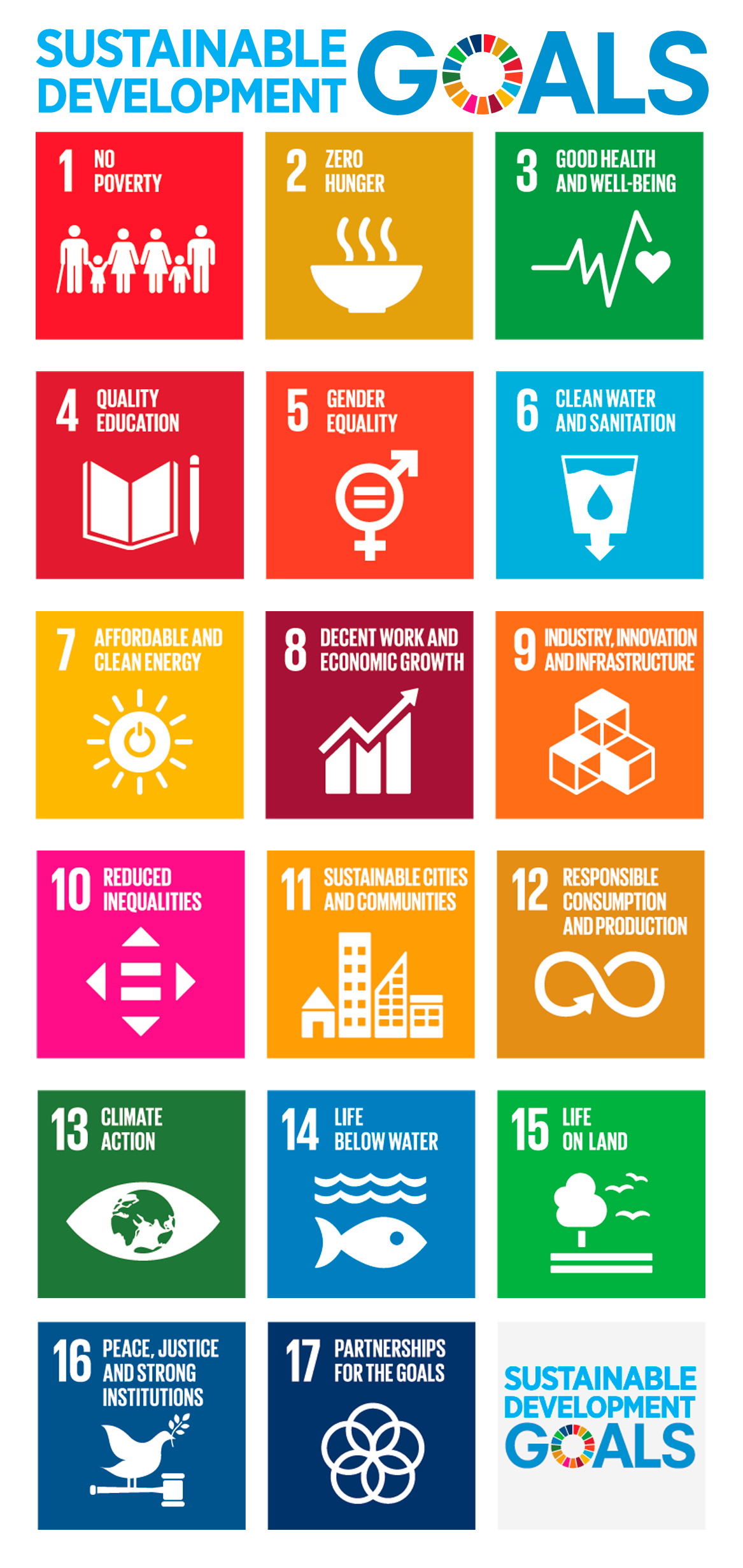Long-term business success matters
and so do your workers, communities and the planet.

Environment
The world today is facing unprecedented, interconnected environmental challenges in areas including climate change, water, energy, biodiversity and agriculture. With business relying on natural resources directly and via supply chains, new corporate efforts are needed to address environmental responsibilities, value natural capital, and better understand the linkages between resources.
It is important to mention the growing linkages among various environmental issues – climate, food, water – as well as their connections to social and development priorities. All businesses must help to advance the Sustainable Development Goals including the Action Agenda of the Paris Climate Agreement stemming from COP21.
Companies must push to move beyond traditional approaches based largely on compliance and narrow risk assessments. Business have the duty to actively address environmental risks and opportunities and have major efforts underway with business in the areas of climate, water and food.

Environment
The world today is facing unprecedented, interconnected environmental challenges in areas including climate change, water, energy, biodiversity and agriculture. With business relying on natural resources directly and via supply chains, new corporate efforts are needed to address environmental responsibilities, value natural capital, and better understand the linkages between resources.
It is important the growing linkages among various environmental issues – climate, food, water – as well as their connections to social and development priorities. All businesses must help to advance the Sustainable Development Goals including the Action Agenda of the Paris Climate Agreement stemming from COP21.
Companies must push to move beyond traditional approaches based largely on compliance and narrow risk assessments. Business have the duty to actively address environmental risks and opportunities and have major efforts underway with business in the areas of climate, water and food.
Social
Social sustainability is about identifying and managing business impacts, both positive and negative, on people. The quality of a company’s relationships and engagement with its stakeholders is critical. Directly or indirectly, companies affect what happens to employees, workers in the value chain, customers and local communities, and it is important to manage impacts proactively.
Businesses’ social license to operate depends greatly on their social sustainability efforts. In addition, a lack of social development, including poverty, inequality and weak rule of law, can hamper business operations and growth. At the same time, actions to achieve social sustainability may unlock new markets, help retain and attract business partners, or be the source for innovation for new product or service lines.
Internal morale and employee engagement may rise, while productivity, risk management and company-community conflict improve. The first six of the UN Global Compact’s principles focus on this social dimension of corporate sustainability, of which human rights is the cornerstone. Social sustainability also covers the human rights of specific groups: labour, women’s empowerment and gender equality, children, indigenous, handicapped persons, as well as people-centered approaches to business impacts on poverty. As well as covering groups of rights holders, social sustainability encompasses issues that are affecting them, for example, education and health.
Social
Social sustainability is about identifying and managing business impacts, both positive and negative, on people. The quality of a company’s relationships and engagement with its stakeholders is critical. Directly or indirectly, companies affect what happens to employees, workers in the value chain, customers and local communities, and it is important to manage impacts proactively.
Businesses’ social license to operate depends greatly on their social sustainability efforts. In addition, a lack of social development, including poverty, inequality and weak rule of law, can hamper business operations and growth. At the same time, actions to achieve social sustainability may unlock new markets, help retain and attract business partners, or be the source for innovation for new product or service lines.
Internal morale and employee engagement may rise, while productivity, risk management and company-community conflict improve. The first six of the UN Global Compact’s principles focus on this social dimension of corporate sustainability, of which human rights is the cornerstone. Social sustainability also covers the human rights of specific groups: labour, women’s empowerment and gender equality, children, indigenous peoples, people with disabilities, as well as people-centered approaches to business impacts on poverty. As well as covering groups of rights holders, social sustainability encompasses issues that affecting them, for example, education and health.

Governance
Governance is the systems and processes that ensure the overall effectiveness of an entity – whether a business, government or multilateral institution. Promoting good governance is a multi-dimensional challenge, which requires efforts that are mutually reinforcing. For example, anti-corruption is essential to the rule of law and peace-building because corruption negatively impacts state capacity, social inclusion, and management of natural resources.
Peace is an enabler of sustainable development and is a pre-condition for the establishment of the rule of law and efforts to reduce corruption. Finally, rule of law is necessary to effectively address the drivers of violent conflict, illicit financial flows, and impunity, and to provide a legal framework which ensures impartiality and predictability.
At the micro level, companies can enhance good governance by integrating corporate sustainability principles into their own operations and relationships, allowing for greater transparency, accountability and inclusiveness. At the macro level, companies can contribute to the development and implementation of international norms and standards, for instance, as part of their commitment to the UN Global Compact.

Governance
Governance is the systems and processes that ensure the overall effectiveness of an entity – whether a business, government or multilateral institution. Promoting good governance is a multi-dimensional challenge, which requires efforts that are mutually reinforcing. For example, anti-corruption is essential to the rule of law and peace-building because corruption negatively impacts state capacity, social inclusion, and management of natural resources.
Peace is an enabler of sustainable development and is a pre-condition for the establishment of the rule of law and efforts to reduce corruption. Finally, rule of law is necessary to effectively address the drivers of violent conflict, illicit financial flows, and impunity, and to provide a legal framework which ensures impartiality and predictability.
At the micro level, companies can enhance good governance by integrating corporate sustainability principles into their own operations and relationships, allowing for greater transparency, accountability and inclusiveness. At the macro level, companies can contribute to the development and implementation of international norms and standards, for instance, as part of their commitment to the UN Global Compact.
The SDGs Explained for Business
In September 2015, all 193 Member States of the United Nations adopted a plan for achieving a better future for all — laying out a path over the next 15 years to end extreme poverty, fight inequality and injustice, and protect our planet. At the heart of “Agenda 2030” are the 17 Sustainable Development Goals (SDGs) which clearly define the world we want — applying to all nations and leaving no one behind.
The new Global Goals result from a process that has been more inclusive than ever, with Governments involving business, civil society and citizens from the outset. We are all in agreement on where the world needs to go. Fulfilling these ambitions will take an unprecedented effort by all sectors in society — and business has to play a very important role in the process.


Advancing Sustainable Development:
Everyone benefits from a better world
On 1 January 2016, the 17 Sustainable Development Goals (SDGs) of the 2030 Agenda for Sustainable Development — adopted by world leaders in September 2015 at an historic UN Summit — officially came into force. Over the next fifteen years, with these new goals that universally apply to all, countries will mobilize efforts to end all forms of poverty, fight inequalities and tackle climate change, while ensuring that no one is left behind.
Today’s business landscape is characterized by an unprecedented, accelerating and complex mix of risks and opportunities. Your entire market can be disrupted in a short time by innumerable factors, be it a new technology or a sudden lack of natural resources. New markets are emerging rapidly due to megatrends such as population growth, resource scarcity or global health risks. Meanwhile, consumers and investors are better informed than ever before – and they want businesses to take responsibility for the pressure our planet and its population are under.

There is growing understanding – especially by business leaders and investors ahead of the curve – that it is not enough for companies to concern themselves only with short-term profits because natural disasters, social unrest or economic disparity can damage long-term prosperity. The businesses that understand this challenge and take action will be a step ahead.
It is clear that the SDGs not only identify where we have to be in 2030 to create a sustainable world, they also outline new markets and opportunities for companies all over the world. To succeed, we must turn the global goals into local business.
Over 150 global corporations
urge world leaders for net-zero recovery from COVID-19
In the largest ever UN-backed CEO-led climate advocacy effort, major multinationals reaffirm their own science-based commitments to achieving zero carbon economy and call on governments to match their ambition.
On May 18th 2020 155 companies with a combined market capitalization of over US$ 2.4 trillion and representing over 5 million employees signed a statement urging Governments around the world to align their COVID-19 economic aid and recovery efforts with the latest climate science.
The following is a joint press release by the Science Based Targets initiative, the UN Global Compact, and the We Mean Business coalition.
As debates on recovery packages around the world ramp up in the coming weeks, the companies, which are all part of the Science Based Targets initiative, are calling for policies that will build resilience against future shocks by supporting efforts to hold global temperature rise to within 1.5°C above pre-industrial levels, in line with reaching net-zero emissions well before 2050.
The signatories span 34 sectors and have headquarters in 33 countries
The statement comes as governments around the world are preparing trillions of dollars worth of stimulus packages to help economies recover from the impacts of the coronavirus pandemic, and as they prepare to submit enhanced national climate plans under the Paris Agreement. In the coming weeks, several major economies will take key decisions in their recovery efforts, including the European Union Recovery Plan, new stimulus packages from the United States of America and India, and the G7 Heads of State summit in June
The 155 companies have already set, or committed to set, science-based emissions reduction targets.
By signing the statement, they are reaffirming that their own decisions and actions remain grounded in science, while calling on governments to “prioritize a faster and fairer transition from a grey to a green economy.” Policy and spending that incorporates climate targets will reduce vulnerability to future shocks and disasters, create good jobs, reduce emissions and ensure clean air, according to a study from Oxford University.
Governments have a critical role to play by aligning policies and recovery plans with the latest climate science, but they cannot drive a systemic socio-economic transformation alone.
To address the interconnected crises we face, we must work together as an international community to deliver on the Sustainable Development Goals and the Paris Agreement,” said Lila Karbassi, Chief of Programmes at the UN Global Compact, and Science Based Targets initiative Board Member. “As the largest ever UN-backed CEO-led climate advocacy effort, these companies are leading the way in driving ambitious science-based action and advocacy to help reduce vulnerability to future shocks and disasters.”
The business voices are convened by the Science Based Targets initiative (SBTi) and its Business Ambition for 1.5°C campaign partners, the UN Global Compact and the We Mean Business coalition.
The SBTi, which is a collaboration between CDP, the UN Global Compact, World Resources Institute and WWF, independently assesses and validates corporate climate targets against the latest climate science.
Paul Simpson, CEO of CDP, one of the SBTi partners, said: “The coronavirus outbreak is a stark reminder of the fragility of our current economic system.
It also reminds us that science must be our collective guide on the path to a more resilient economy. Setting and working towards science-based targets is the best way for companies and Governments alike to protect against future climate-related business and economic disruptions.”
Maria Mendiluce, CEO of the We Mean Business coalition, said: “Governments can be reassured that businesses are implementing science-based targets to get us on a 1.5°C trajectory.
They are calling for recovery policies that will boost the economy and build resilience. A net zero-aligned recovery will enable companies to invest and innovate at the pace and scale necessary to build back better, creating decent jobs, protecting health, reducing emissions and increasing resilience in the future.”
“It is imperative that we not only restart the world economy — but also reset it. It would be a tragedy if after spending US$ 10 to 20 trillion of public money we simply rebuild the same unequal, vulnerable and high carbon economy we had before,” said Dr. Andrew Steer, President and CEO of World Resources Institute and SBTi Board Member.
“We applaud the leaders of these 155 companies, who are not only committed to resetting their own companies but are also demanding that the world’s governments act in the light of the best science and best economics which shows that climate-smart policies will create more jobs and stimulate resilient, inclusive economic growth.”
The Impact of COVID-19 on Sustainability
To help companies navigate the sustainability challenges magnified by COVID-19, the UN Global Compact has compiled a series of COVID-19 issue area briefs that detail the impact of the pandemic on a range of sustainability issue areas including:
-
Gender
-
Equality
-
Ocean
-
Water Stewardship
-
Climate
-
Decent Work
-
Sustainable Finance
-
Human Rights
-
Anti-Corruption



